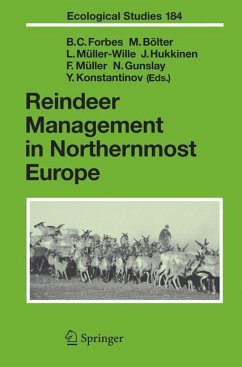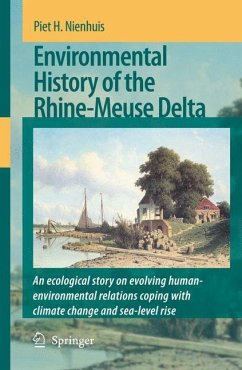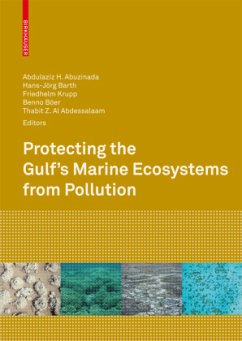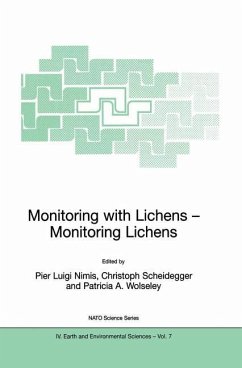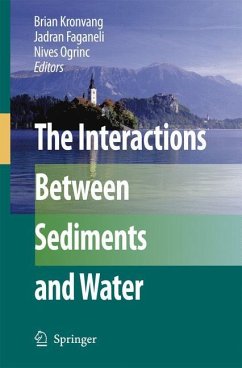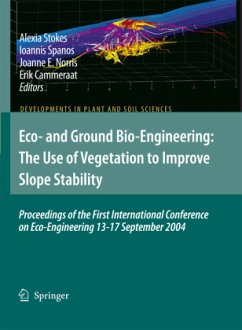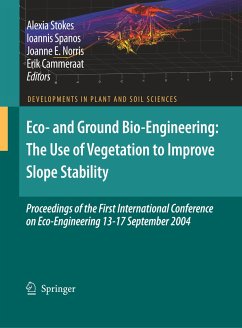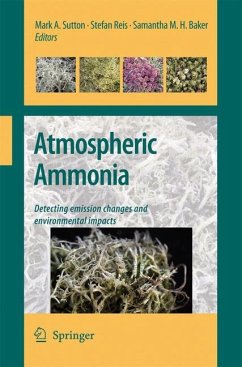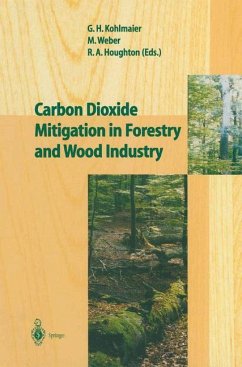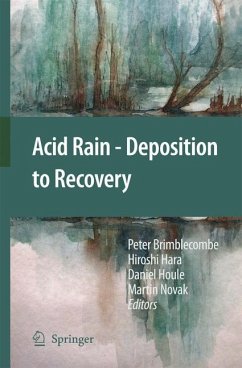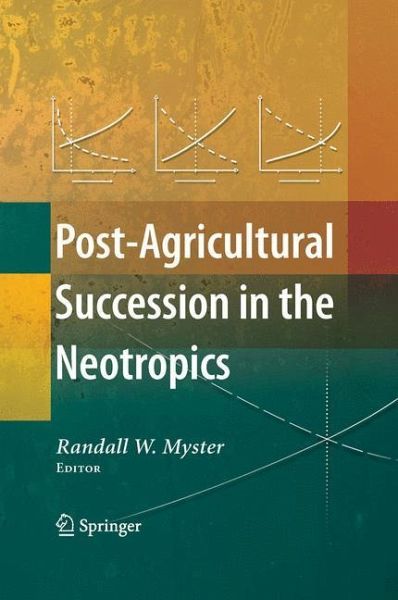
Post-Agricultural Succession in the Neotropics

PAYBACK Punkte
50 °P sammeln!
This timely work draws implications from scientific studies for the wise management of old field ecosystems in the neotropics, where conversion of land to cropping systems is the most common kind of disturbance and many landscapes are defined by areas recovering from agriculture. Understanding old field succession can help us address important scientific and social issues, such as deforestation and forest regeneration, forest restoration, sustainability of agriculture, maintenance of biodiversity, and impacts of global climate change on forest dynamics. This book provides restoration and management strategies, as well as new farming methodologies for practical application.
Post-agricultural studies have been central to the development of both the science of plant ecology and ecology in general. The study of old field succession allows us to observe the development of the structure and function of communities, as well as understand the role of history and initial conditions in that process. Understanding old field succession can help the public address important scientific and social issues, such as deforestation and forest regeneration, forest restoration, sustainability of agriculture, maintenance of biodiversity, and impacts of global climate change on forest dynamics.
Post-Agricultural Succession in the Neotropics draws implications from scientific studies for the wise management of old field ecosystems in the neotropics, where conversion of land to cropping systems is the most common kind of disturbance and many landscapes are defined by areas recovering from agriculture. Written for researchers, professionals, and students of ecology, the book provides a background in old field ecosystems and proposes restoration strategies and a trajectory for future research. Farmers and decision makers can also benefit from new farming methodologies and management strategies that are proposed.
Post-Agricultural Succession in the Neotropics draws implications from scientific studies for the wise management of old field ecosystems in the neotropics, where conversion of land to cropping systems is the most common kind of disturbance and many landscapes are defined by areas recovering from agriculture. Written for researchers, professionals, and students of ecology, the book provides a background in old field ecosystems and proposes restoration strategies and a trajectory for future research. Farmers and decision makers can also benefit from new farming methodologies and management strategies that are proposed.



